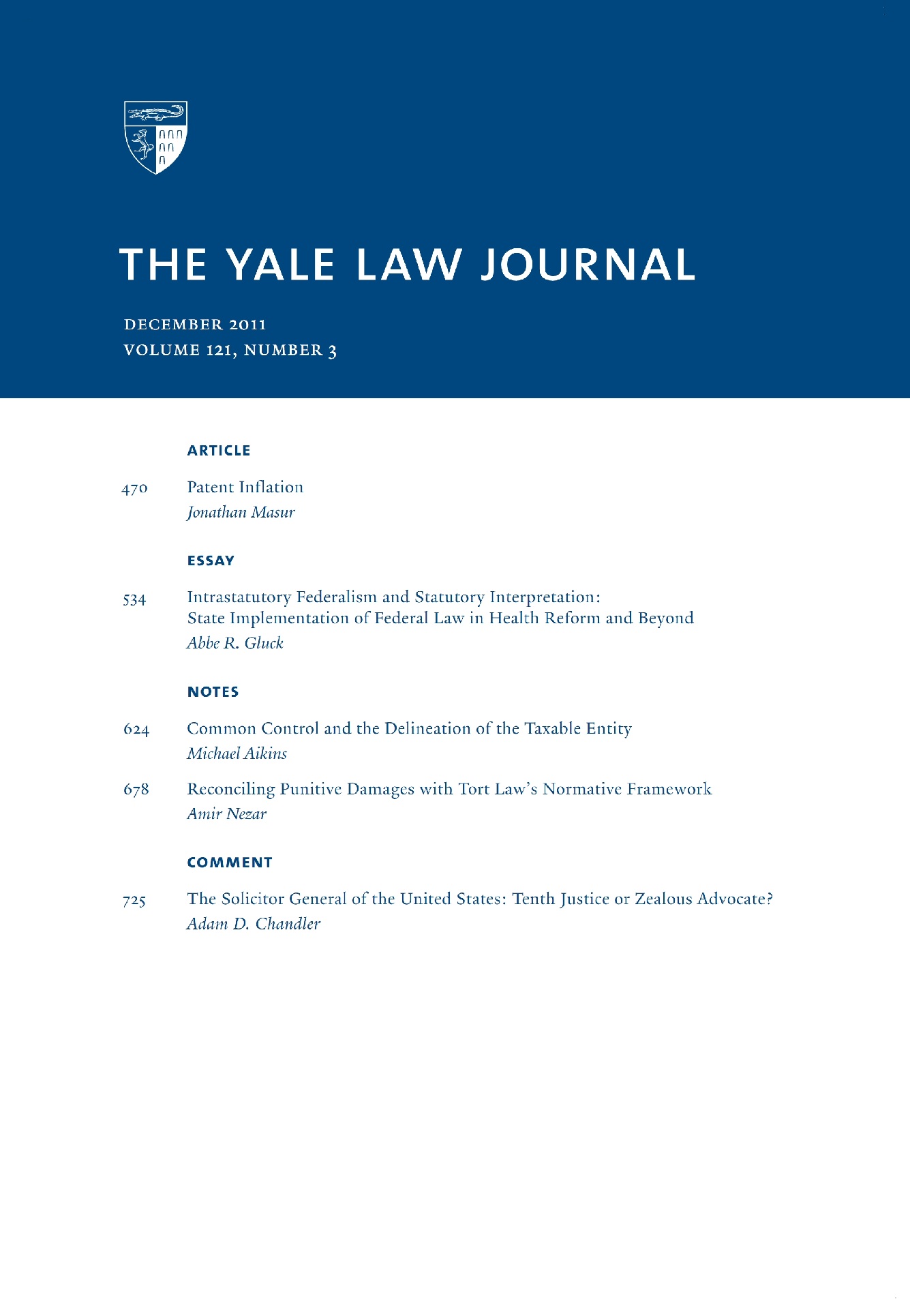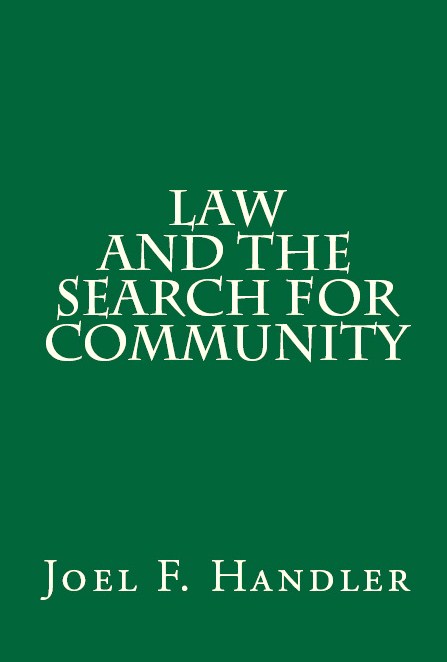Thorsten Sellin’s Slavery and the Penal System is Digitally Remastered:™ Shows history of using slave labor as criminal sentence, invention of the treadmill
The classic and groundbreaking study of penal slavery throughout the ages is finally available again. Previously a rare book — despite the fact that it is widely quoted and cited by scholars in the field of sociology, penology, and criminology — this book can now be accessed easily worldwide and be assigned again to classes.
Now in its fortieth anniversary edition, Sellin’s classic book adds a new Foreword by researcher Barry Krisberg at Berkeley, and incorporates changes the author originally planned for a second printing, provided to Quid Pro Books by the Special Collections Library at Penn and authorized by his family. Part of the Classics of Law & Society Series from Quid Pro Books, this edition also includes explanatory Notes of the Series Editor by Steven Alan Childress at Tulane.
Library at Penn and authorized by his family. Part of the Classics of Law & Society Series from Quid Pro Books, this edition also includes explanatory Notes of the Series Editor by Steven Alan Childress at Tulane.
A book that has become a standard part of the canon in its field, but became too expensive for researchers and libraries to obtain, is now easily downloaded in a well-formatted ebook (other features include linked Contents and notes, fully linked and paginated Index, and close reading of the text against the original so that its legacy is properly presented) and print books (with page numbers from the original printing inserted for continuity of referencing).
Slavery and the Penal System traces the direct and indirect influences of the social institution of chattel slavery on the evolution of penal systems and practices in Europe and the United States — a dismal story. The author reveals the darkest and most brutal aspects of penal history and the social forces that resisted or nullified the efforts of reformers who sought to bring about humanization of the punishment. The book shows that domestic punishments inflicted on slaves by masters later become legal punishments for crimes committed by low-class freedmen — eventually to become legal sanctions against offenders regardless of social status. A dominant force is the class and caste structure of society that is reflected in the determination of what conduct should be defined as criminal, who should be punished, and what the punishment should be. Topics include ancient Greece and Rome, the Middle Ages in Europe, galley slaves and naval arsenal prisons in maritime countries, penal creation of public works, the rise of houses of correction, invention of the treadmill, practices in England and Russia, slavery in the antebellum South, and later U.S. chain gangs, penal farms, and convict-lease system.
New hardcover edition available at Amazon.com, Barnes & Noble, BooksAMillion, YBP, Ingram, and other booksellers.
Amazon for Kindle.
Barnes & Noble for Nook.
Google for Google Play, and more generally at Google Books.
Apple iTunes and iBooks, direct on iPad and iPhone. Preview online.
And at Smashwords in universal ePUB format, and look for it in ePUB at Kobobooks and other ebookstores.
…
CATALOGING: SLAVERY AND THE PENAL SYSTEM
ISBN 9781610273367 (paperback) | list price: $31.99
ISBN 9781610273503 (hardback) | list price: $44.99
ISBN 9781610273398 (eBook) | list price: $9.99
Page count: 222 pp.
Publication date: May 24, 2016



